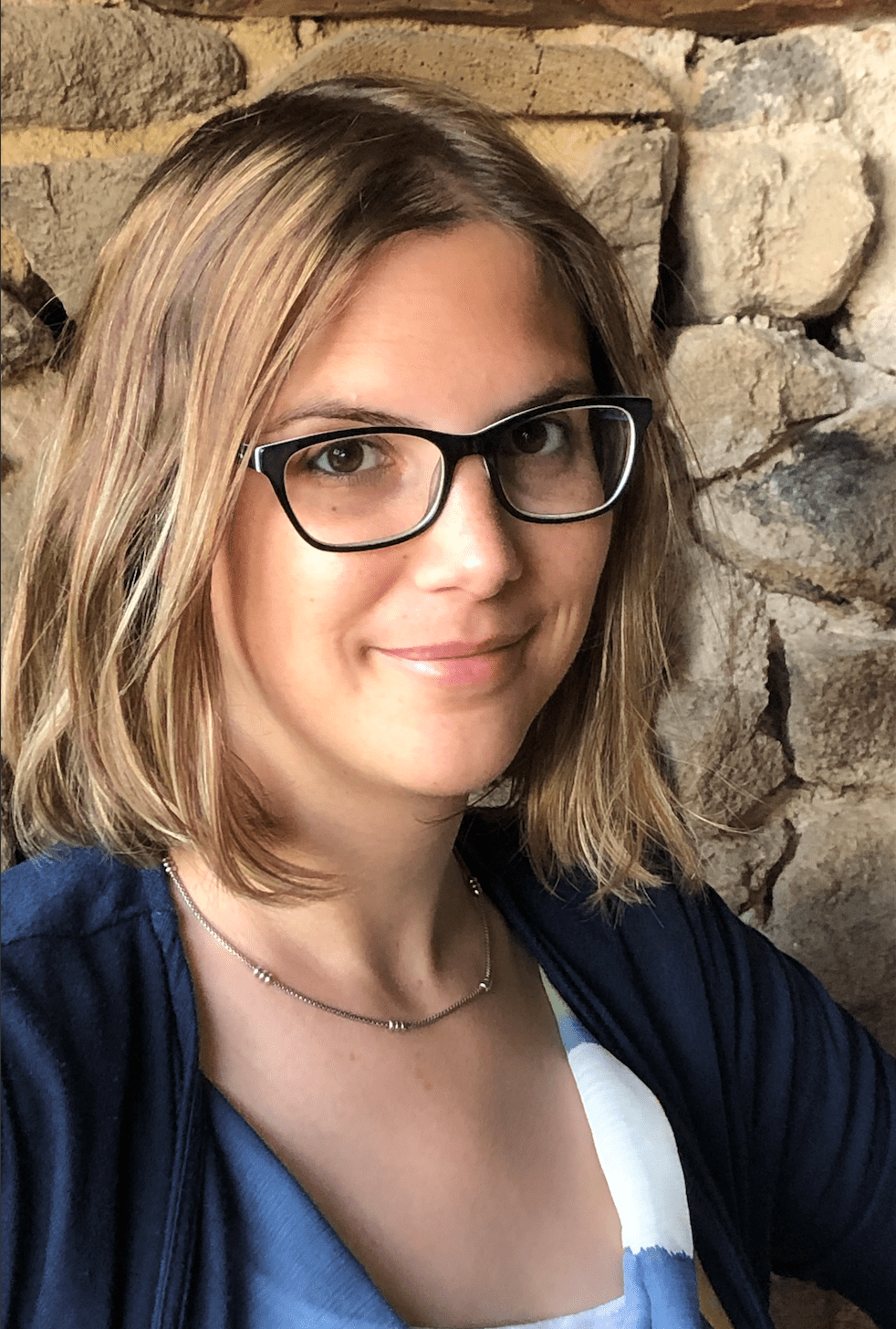
IceCube collaborator and Université catholique de Louvain (UCLouvain) Professor Gwenhaël Wilberts Dewasseige was recently elected to the prestigious Collegium of the Royal Academy of Belgium in the Class of Sciences. The Collegium, a subdivision of the Royal Academy of Belgium, is made up of researchers under the age of 40 who have demonstrated significant achievement in their class or subject and were nominated by fellow academy and collegium members.
Since its creation in 2021, the Collegium now includes 32 members. Wilberts Dewasseige is one of eight members elected to the Collegium in 2024 and the first astroparticle physicist to join the Collegium.
After completing her PhD thesis at the Vrije Universiteit Brussel and the University of Wisconsin–Madison within IceCube, Wilberts Dewasseige worked on the KM3NeT telescope currently being deployed at two sites in the Mediterranean Sea before joining UCLouvain as a faculty member.
At UCLouvain, Wilberts Dewasseige and her research group focus on the search for low-energy astrophysical neutrinos emitted during transient phenomena, such as gamma-ray bursts, binary compact mergers, and solar flares, interpreting neutrino observation in a multi-messenger context. Current members of Wilberts Dewasseige’s team include PhD students Eliot Genton, Karlijn Kruiswijk, Jonathan Mauro, Emile Moyaux, Leonardo Ricca, Marco Scarnera, Per Selve, and postdocs Mathieu Lamoureux, Jeff Lazar, Chris Raab, and Matthias Vereecken.
Wilberts Dewasseige has also created several large-scale outreach programs, taken part in citizen science as well as art and science projects, and written numerous science communication articles.
“Entering the academy is an honor and a privilege,” says Wilberts Dewasseige. “With this nomination, I will be working towards representing our exciting domain, building synergies between the techniques used in our field with those from other research directions, and sharing the culture of astroparticle physics research with the academy members.”
“Furthermore, my nomination comes with important duties and I am eager to tackle some of the major questions in academia and society that we have to solve urgently. I am especially looking forward to triggering discussion and concrete actions toward reducing the inequalities between genders and ethnic groups in STEM but also in leadership positions from every domain, minimizing the human footprint while allowing for personal, professional, and economic growth, especially in developing countries,” says Wilberts Dewasseige.